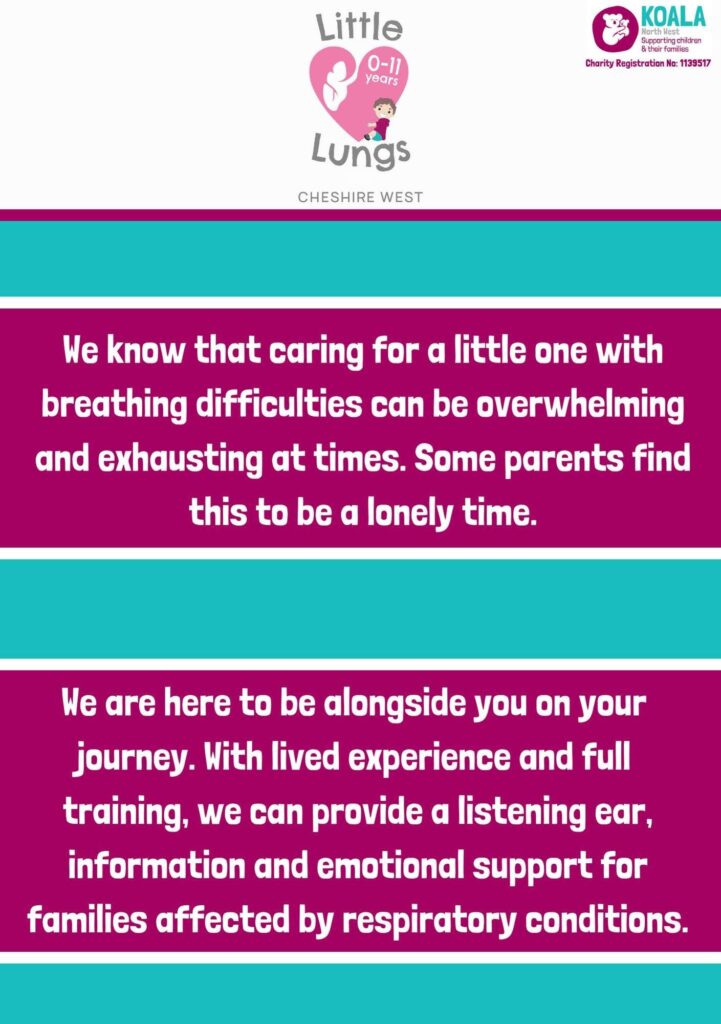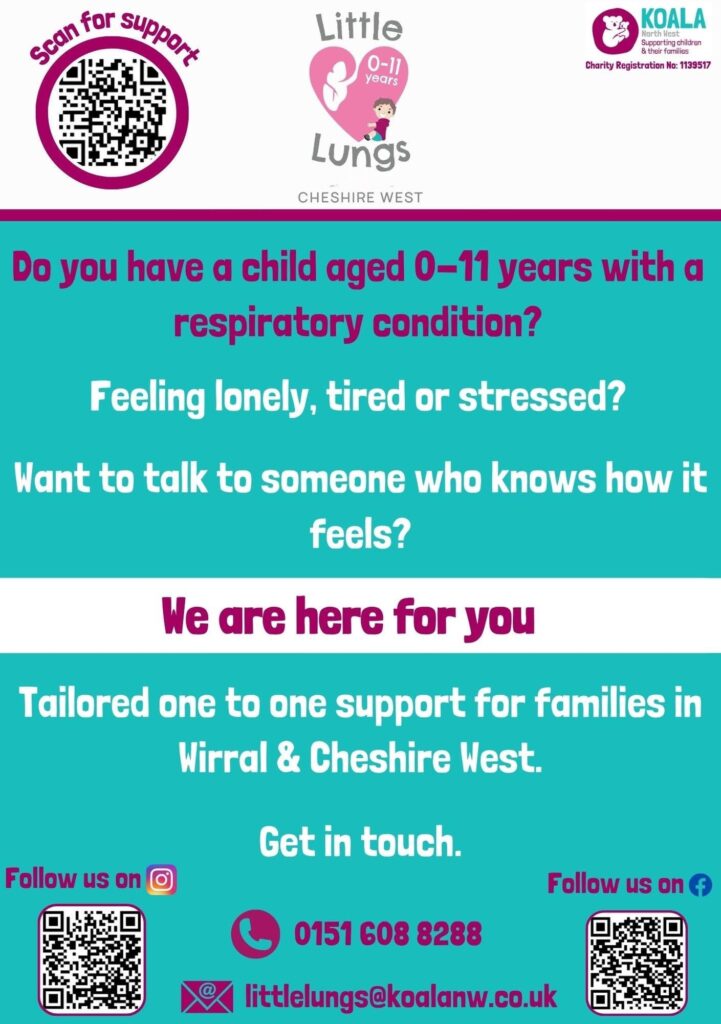Respiratory Conditions
Respiratory conditions, like asthma, COPD, and lung cancer, are a significant health concern in the UK, affecting one in five people and being the third biggest cause of death. The NHS is working to improve outcomes through earlier diagnosis, treatment, and access to rehabilitation services
Here’s a more detailed overview of respiratory conditions and the NHS’s response:
Common Respiratory Conditions:
- Asthma: A long-term condition causing swelling and narrowing of the airways.
- Chronic Obstructive Pulmonary Disease (COPD): A long-term condition where the bronchial airways become narrowed, often associated with smoking.
- Bronchiectasis: A long-term condition where the airways of the lungs become abnormally widened, leading to a build-up of excess mucus.
- Lung Cancer: A serious disease that can develop in the lungs.
- Pulmonary Fibrosis and Other Interstitial Lung Diseases (ILDs): Conditions that cause scarring of the lung tissue.
- Pulmonary Hypertension: A condition where the blood pressure in the arteries of the lungs is too high.
- Sleep Apnoea: A condition where breathing repeatedly stops and starts during sleep.
- Respiratory Tract Infections (RTIs): Infections of the airways, including bronchitis, bronchiolitis, chest infections, and pneumonia.
- Acute Respiratory Distress Syndrome (ARDS): A serious condition where the lungs are severely damaged, often requiring intensive care.
NHS Response and Initiatives:
- Early Diagnosis and Treatment:The NHS aims to diagnose and treat respiratory conditions earlier to improve outcomes.
- Pulmonary Rehabilitation:The NHS is increasing access to respiratory rehabilitation services to support people living with respiratory conditions to be as independent as possible.
- Long Term Plan:The NHS Long Term Plan aims to improve the lives and outcomes of people with respiratory disease by diagnosing and treating conditions earlier and making sure that people with respiratory disease are receiving the right medication.
- Focus on Prevention:The NHS emphasizes prevention, including smoking cessation support, to reduce the risk of developing respiratory conditions.
- Addressing Health Inequalities:The NHS recognizes that respiratory disease disproportionately affects socioeconomically deprived areas and is working to address these inequalities.
- Mental Health Support:The NHS is also providing psychological support to individuals suffering from long-term respiratory conditions, recognizing the impact on mental health and emotional wellbeing.
- Air Pollution:The NHS is highlighting the importance of indoor and outdoor air pollution as a factor that can increase the risk of respiratory diseases.

https://www.asthmaandlung.org.uk



